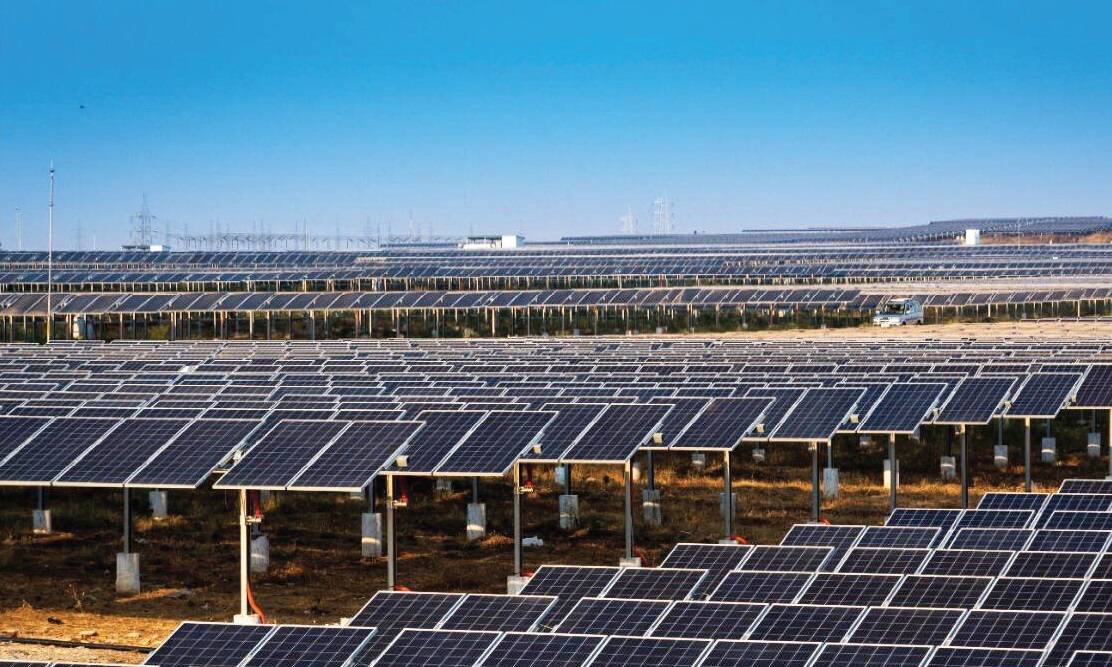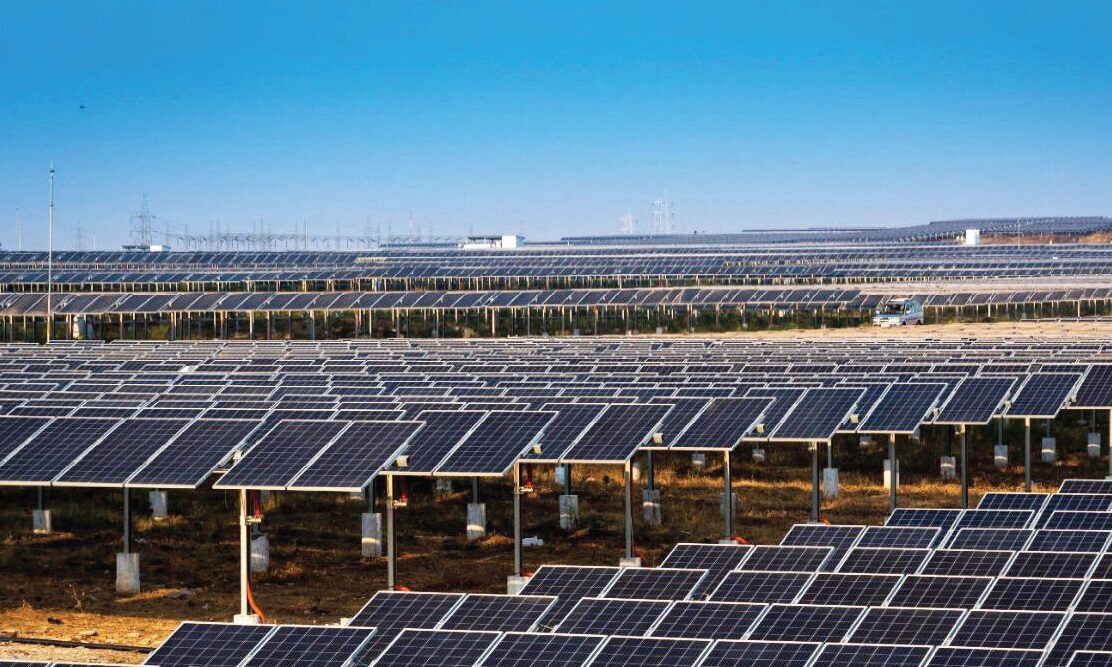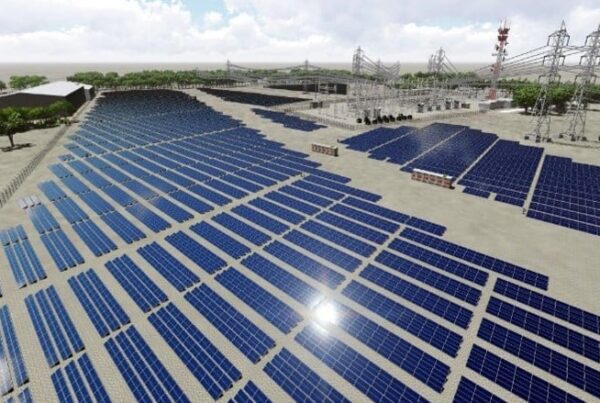
Renew’s largely stable results stem from the fact that it is expanding its operations at a time when the Indian solar sector more broadly is growing. According to the country’s Central Electricity Authority, India added 13.9GW of new solar capacity in the 2022 financial year, up from 5.5GW the previous year.
In July, the company announced plans to invest in a 5GW renewable portfolio with Gentari Renewables India, as solar capacity in India has now grown to account for 54% of the country’s renewable energy capacity, according to JMK Research.
Projects such as these have contributed to the growth of the company’s renewables portfolio, among the most dramatic changes for the company in the last 12 months. By the end of the first quarter of the 2024 financial year, ReNew’s renewable capacity consisted of 13.7GW, of which 8.4GW are commissioned and 5.3GW are in the development pipeline, a 6.3% increase year-on-year.
However, JMK Research also noted that India installed 6.7GW of new solar capacity in the first half of this year, a 19% decrease on the installation total of the first half of 2022, raising questions about the long-term future of the Indian solar sector.
ReNew’s earnings before inflation, taxation, depreciation and amortisation (EBITDA) has also fallen slightly in the last year, perhaps as confidence in the sustainability of growth in the Indian solar sector wavers. The company’s EBITDA fell slightly from one year to the next. Total income fell from US$305 million to US$300 million from the first quarter of 2023 to the first quarter of 2024, while EBITDA fell from US$246 million to US$227 million.
Regardless, ReNew expects its revenue stability to continue over the next 12 months. The company’s total EBITDA in its 2023 financial year was US$754 million, an increase of 12.4% over EBITDA at the end of the 2022 financial year, and it expects its 2024 financial year to deliver EBITDA of between US$723 million and US$795.4 million.






